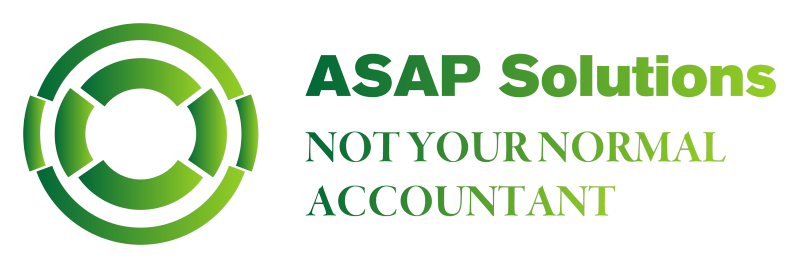It can be difficult for small business owners to keep on top of the various compliance and legislative requirements, however, one important area that you should pay close attention to is your Superannuation obligations.
Superannuation plays a critical role in ensuring the future financial security of your employees, and non-compliance comes with serious consequences. Let’s look into how being mindful of your Superannuation responsibilities as an employer will help you protect yourself legally and financially, while also doing the right thing by your staff.
What is Super?
Superannuation (also called ‘Super’) is essentially funds to support your retirement, and to reduce the reliance on Government support (such as the pension), as the population ages. Australia has a compulsory system of Superannuation, which means the money for retirement comes mostly from compulsory super contributions that Employers pay into the nominated Super fund. Employees build up Super while they are working, it is a form of compulsory saving that typically can’t be touched until retirement.
By law, as a small business owner and employer, you must pay a specific percentage of each employee’s salary into a designated Superannuation fund or Retirement Savings Account (RSA). This is called the Superannuation Guarantee (SG).
Who do I need to pay Super to?
As a small business owner, it is your responsibility to pay Superannuation contributions for any employee you hire. This applies to all employees, whether they’re full-time, part-time or casual. However, some special provisions do apply to those aged under 18.
When it comes to defining what an employee is, the description can be broad – sometimes including those that would generally be regarded as contractors in other circumstances.
The ATO has a specific SG Eligibility Decision Tool to assist employers in working out their SG obligations. It is better to be safe then sorry, and it is recommended you seek professional advice if you are unsure if you are required to pay your contractors Super.
Where do I pay Super?
As an employer, you must offer eligible employees the right to choose their own fund or RSA via a standard choice form, issued by the ATO.
This form must be offered to an employee within 28 days if they are:
- a new employee commences working for you
- an existing employee requesting a form (unless you’ve already given them a form within the past 12 months)
- now aware that a fund you have been contributing to can no longer receive your contributions
- changing the fund you have selected as a ‘default fund’
Once employees have chosen their preferred fund, you have two months before all Super contributions must be paid into this account. If they are not, as an employer you run the risk of being penalised by the ATO.
To make it easier for small businesses to meet their obligations, eligible employers can pay their Superannuation contributions to the Small Business Superannuation Clearing House. The Clearing House is a free online Superannuation payments system that saves you time and money to pay super into multiple accounts. Employers can use the Clearing House if they have 19 or fewer employees, or annual aggregated turnover of less than $10 million.
To learn more about which employees are eligible and your own obligations as an employer, visit the Australian Taxation Office’s, Superannuation Guarantee Eligibility Decision tool.
How much super do I need to pay and when do I pay it?
Currently, all employers must pay a minimum of 10.5 percent of an eligible employee’s ordinary time earnings (OTE), which is the amount they are paid for their normal work hours (no overtime). This amount will increase in 0.5 percent increments until it reaches 12 percent on 1 July 2025. Your Accountant or Bookkeeper will let you know when the minimum Super amount changes. However, many employers offer above the minimum Super contribution as an incentive for employees.
Super contributions must be paid into an employee’s account at least every three months. Like BAS payments there are designated quarterly cut-off dates:
Quarter Cut-off date
1 July – 30 September 28 October
1 October – 31 December 28 January
1 January – 31 March 28 April
1 April – 30 June 28 July
What happens if I don’t meet my Super obligations?
A number of penalties may be imposed if you do not meet your Superannuation Guarantee obligations.
Penalties include:
- Not paying employees the full amount of super they’re entitled to, also known as a Superannuation Guarantee shortfall
- Not paying super to an employee’s fund of choice, referred to as choice liability
- Not making payment by the quarterly cut-off date
- Not handing out a choice of fund form to new employees when this is required
To avoid these issues and get yourself off on the right foot as a small business, have a chat with your accountant or bookkeeper to make sure you are paying these entitlements correctly. Using a payroll system like Xero may also assist you in accurately tracking what you’re paying and reduce errors.
If you are thinking of getting a first employee it is recommended to have a chat to us before they come on board to make sure you get your systems and processes right from the start. Click here to book an appointment with Amanda today.
This blog post is intended for informational and educational purposes only. The information provided in this blog post should not be taken as professional accounting advice or recommendations.
Liability limited by a scheme approved under Professional Standards Legislation.



